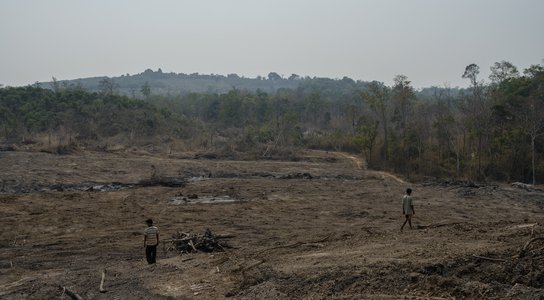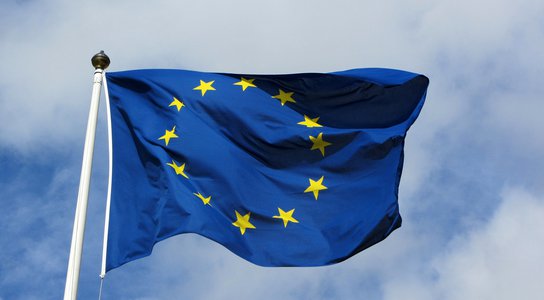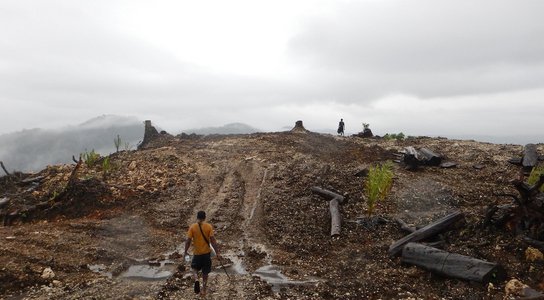This week’s hot topic: the demise of Wonga. Some see it as a success for a financial regulator showing a pay day lender who's boss; others see it as growing political momentum for financial sector transformation.
Yet the impact of fines on Wonga leaves a huge number of people still prey to larger private investors, who, unlike the Church of England are potentially looking to take over the lender’s loan book and bleed borrowers dry.
The Church of England’s potential involvement in the buy-out, (not the smoothest ride, given the controversy around its ownership of Amazon shares), has brought the debate to the table: what can responsible investing do to not only pull people out of financial crisis but also to help support the UK economy? And at what point do you take the measures to scrutinise your own investments and the wider reaching impacts they could be having?
It’s no coincidence that at the anniversary of the global financial crash, the question of whether we’re holding our investors to a high enough standard still rings loud.
Despite the Financial Conduct Authority introducing measures which ground Wonga’s activities to a halt, there are still no legal or regulatory standards coming from the UK or the EU to ensure that investors are actually checking where their money is going.
The UK investment industry is worth £6.9 trillion and there is growing evidence of UK investors investing in projects which fuel human rights abuses, land grabs or wide-scale environmental destruction around the world, and facing little or no consequence. We need to make sure that the spotlight on investors doesn’t end with Amazon and Wonga.
A recent Global Witness briefing, Indecent Exposure, highlighted the disturbing role that UK and other EU-based investors and their subsidiaries – including the Church of England, HSBC, Standard Life or Deutsche Bank – have knowingly or unknowingly played a part in bankrolling companies with projects linked to human rights violations and environmental destruction in poorer and less regulated countries.
Some of these investors, once informed of these links, have made active and immediate changes to halt any investments. The Church of England, for example, immediately withdrew investments from an oil company, after it failed to satisfy the Church with its response to evidence of human rights abuses, bribery and corruption linked to its operations in Virunga National Park, Africa’s oldest national park and a UNESCO heritage site situated in the Democratic Republic of Congo.
Others still have not, despite some of these case studies being brought to the table years ago – including a mining project in India which sparked violent protests; and deforestation and land grabbing that resulted from projects in Asia and Africa.
That this kind of behaviour by investors is still happening unbridled and with no preventative measures – exactly 10 years after a financial shock which showed us that the sector can’t be self-regulated – is nothing short of outrageous.
As Party Conference season gets into full swing, and we see some bold movement in the European Parliament to regulate investors at an EU level, it’s crucial that all UK political parties take a long hard look at what investor behaviour means in 2018.
It’s crucial that we introduce mandatory due diligence for all UK and EU investors, and their subsidiaries, to ensure that they have risk management processes in place to identify and mitigate environmental, social and governance risks and report on this – and it’s vital that we broaden the definition of sustainability risk for investors to ensure it covers not only risks to investors but also risks to people, and our planet.
Only then can we be sure that investors are really taking a long hard look at where their money – often our pensions and savings – is being funnelled for profit at the expense of human lives and our global climate.


